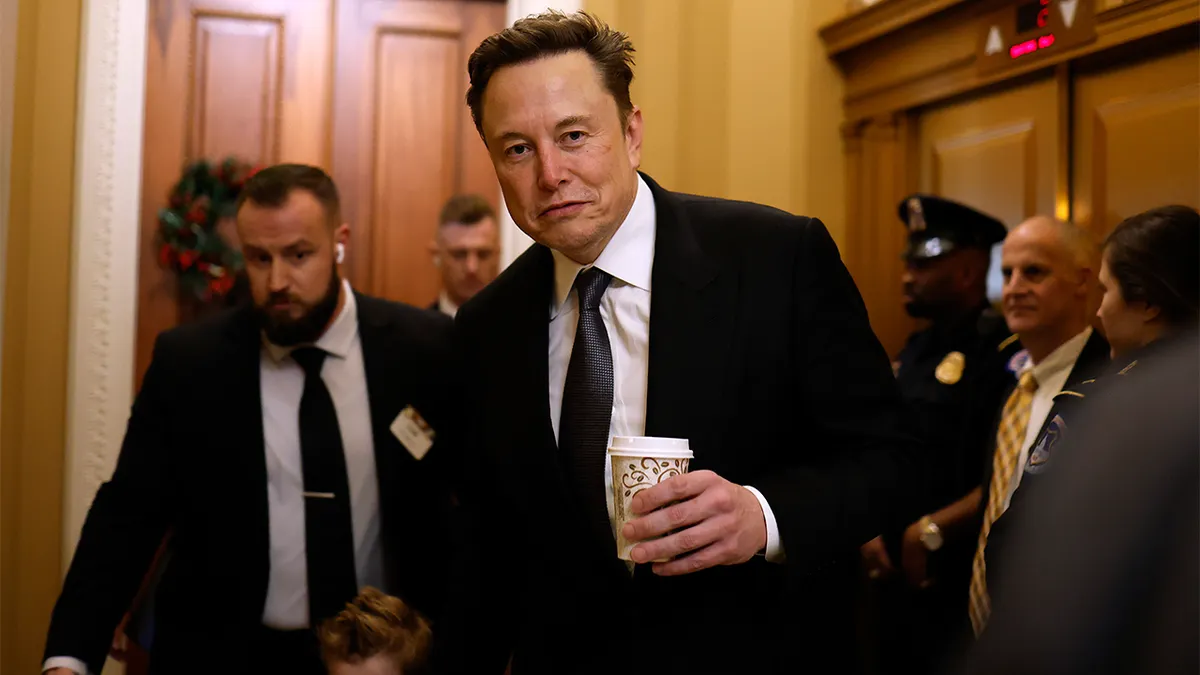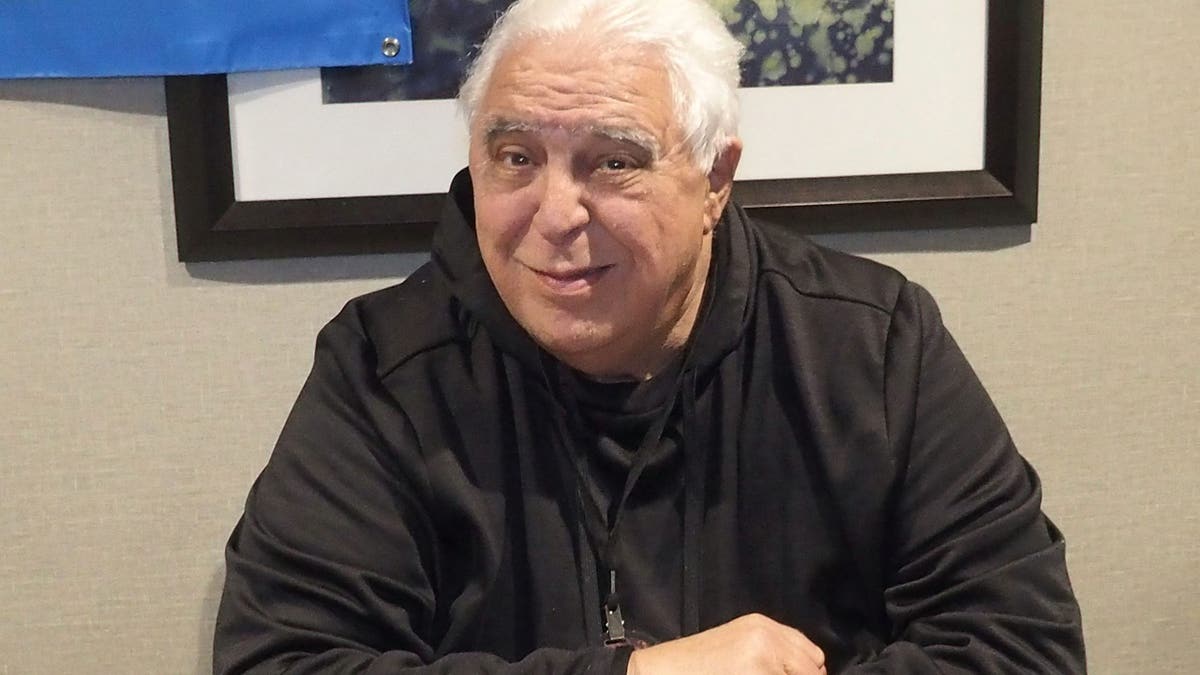Having spent over two decades involved in grant-making, both at the state and county levels, I've gained firsthand experience in the responsible allocation of public funds. My time with the California Arts Council and the Children and Families Commission of Orange County provided valuable insights into the complexities and potential pitfalls of distributing taxpayer dollars.
The Orange County Commission, funded by cigarette tax revenue, distributed substantial sums annually to organizations focused on early childhood development. This experience highlighted the importance of rigorous oversight and a commitment to measurable outcomes. Our commission prioritized data-driven results, ensuring that programs demonstrating tangible impact received continued support, while ineffective initiatives were discontinued.

The creation of the Department of Government Efficiency (DOGE), spearheaded by Elon Musk, offers a crucial opportunity to address the inherent challenges in grant-making. Three key temptations often face those responsible for allocating funds. The first is neglecting to evaluate a grant's effectiveness post-award. Without tracking outcomes and measuring performance, it's difficult to determine the true value of a program. DOGE's focus on scrutiny is a positive step towards ensuring accountability.
The second temptation is favoritism – directing funds towards personal connections. Transparency is paramount in mitigating this risk. Publicly disclosed grant awards, coupled with clear explanations of the selection criteria, are essential for maintaining public trust. DOGE's inquiries into the decision-making processes behind grant allocations are critical, especially in light of potential scandals like the one at the EPA. Administrator Lee Zeldin's analogy of "throwing gold bars off the Titanic" aptly describes the dangers of hasty spending decisions.
The third, and perhaps most egregious, temptation is self-enrichment. Grant-makers must avoid any appearance of impropriety, refraining from awarding funds to themselves, family members, or organizations with which they have future employment prospects. DOGE's role in investigating such instances and referring potential criminal activity to the Attorney General is crucial.
DOGE's ultimate impact remains to be seen, but its commitment to transparency and accountability in government spending, particularly in the realm of grant-making, is commendable. Scrutiny of recipients and eligibility criteria is long overdue. Every dollar granted to one organization represents a missed opportunity for another. DOGE's thorough investigation will undoubtedly benefit responsible grant-makers who have nothing to hide.








